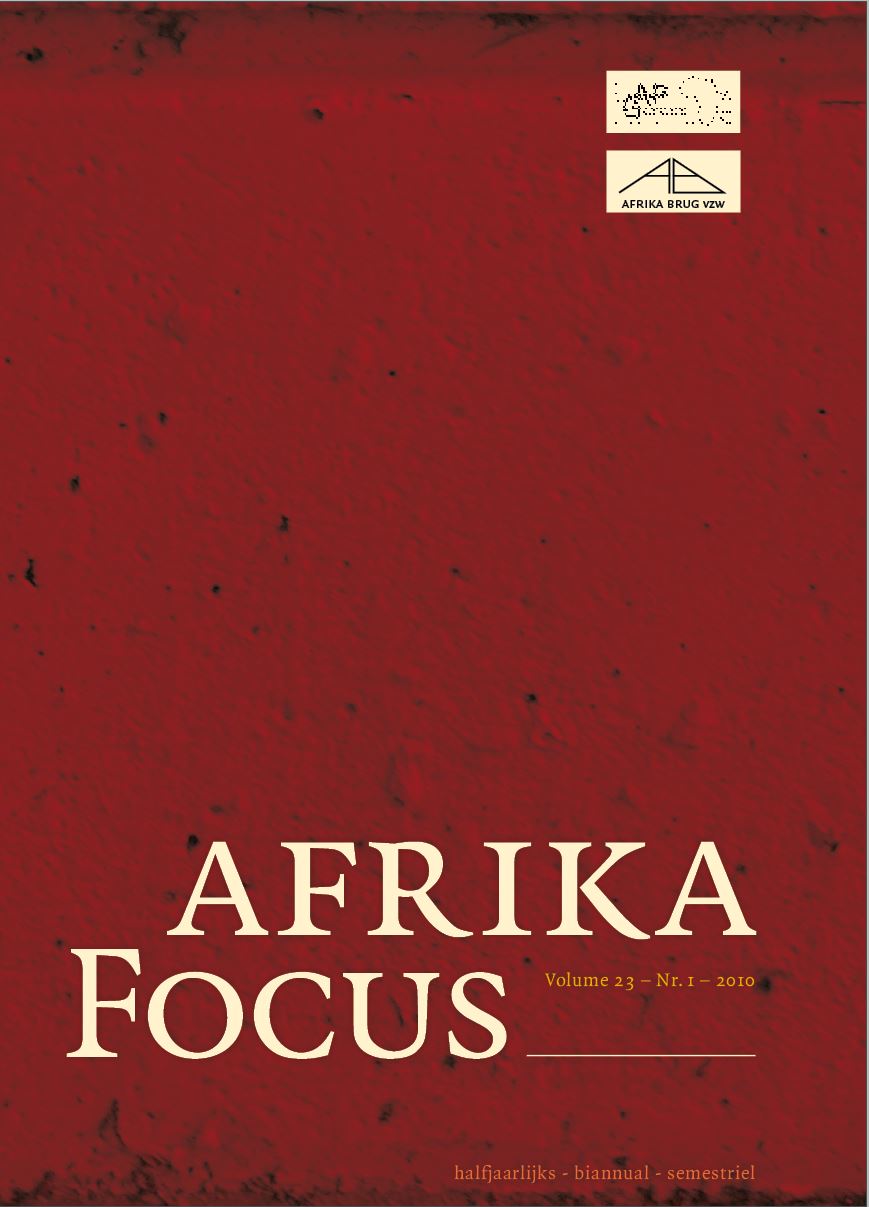The making and legitimacy of the Ethiopian constitution: towards bridging the gap between constitutional design and constitutional practice
DOI:
https://doi.org/10.21825/af.v23i1.5038Abstract
This article describes the making of the 1995 constitution of the Federal Democratic Republic of Ethiopia (FDRE) and analyzes its implications for legitimacy. It contends that legitimacy of the constitution, which fosters delity to it, can –as one among other factors– help bridge the gap between constitutional design and constitutional practice. By making a process-content-context analysis of the constitution, it argues that the Ethiopian constitution which had a weak original legitimacy, can earn a derivative legitimacy through aggressive implementation. Aggressive imple- mentation, it is maintained, demands fidelity to the constitution. Fidelity and other components of a redemptive constitutional practice (such as creative constitutional interpretation, constitutionally informed legislation, positive constitutional amendment, and constitutionally responsible voting) help deal with the perennial question of how to bridge the gap between constitutional design and constitutional practice in Ethiopia and beyond. Key words: Ethiopia, making of constitutions, constitutional legitimacy, fidelity to constitutions, constitutional redemptionDownloads
Published
How to Cite
Issue
Section
License
Authors who publish with this journal agree to the following terms
Authors retain copyright and grant the journal right of first publication with the work simultaneously licensed under a Creative Commons Attribution License that allows others to share the work with an acknowledgement of the work's authorship and initial publication in this journal.
Authors are able to enter into separate, additional contractual arrangements for the non-exclusive distribution of the journal's published version of the work (e.g., post it to an institutional repository or publish it in a book), with an acknowledgement of its initial publication in this journal.
Authors are permitted and encouraged to post their work online (e.g., in institutional repositories or on their website) prior to and during the submission process, as it can lead to productive exchanges, as well as earlier and greater citation of published work (See The Effect of Open Access).


